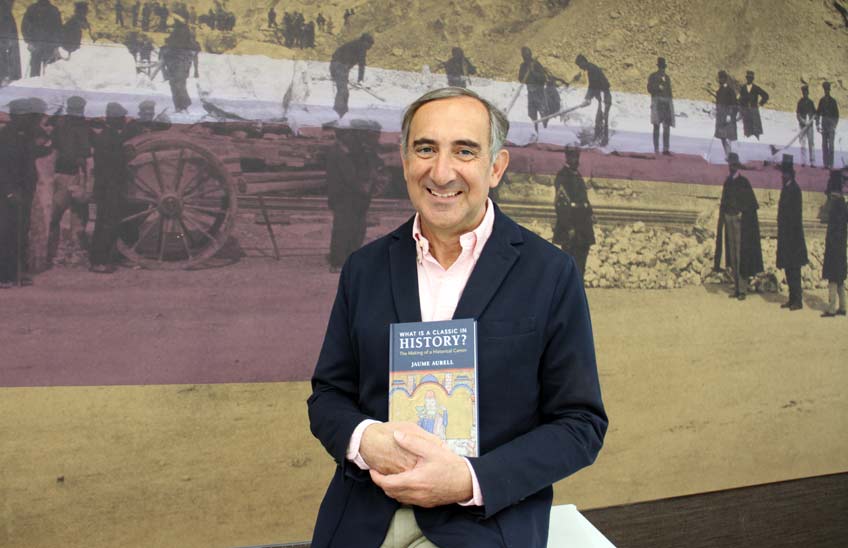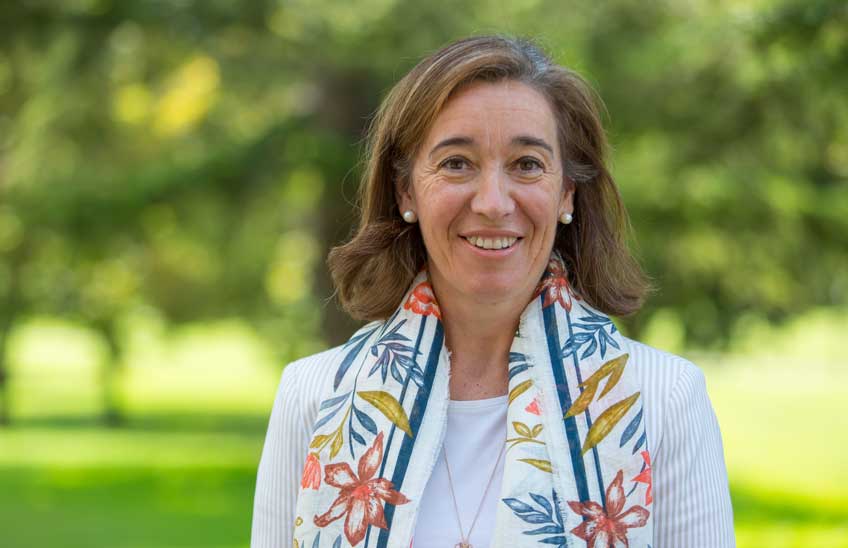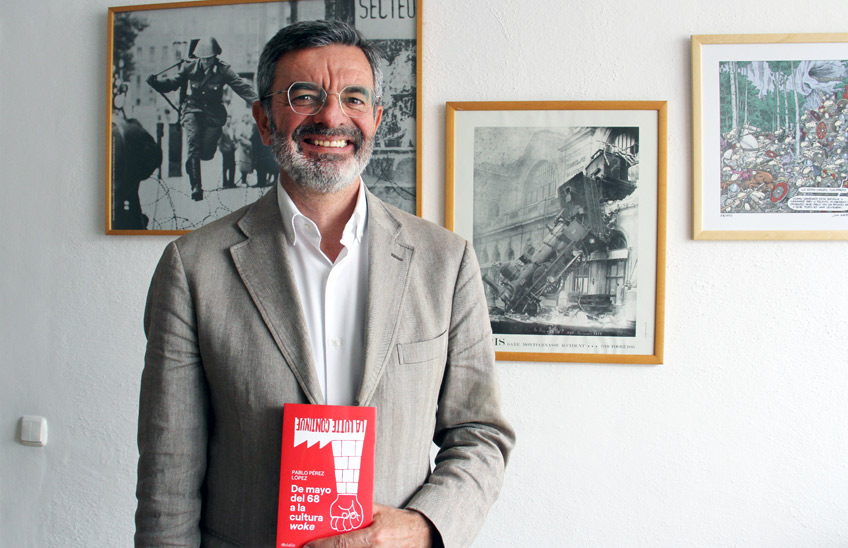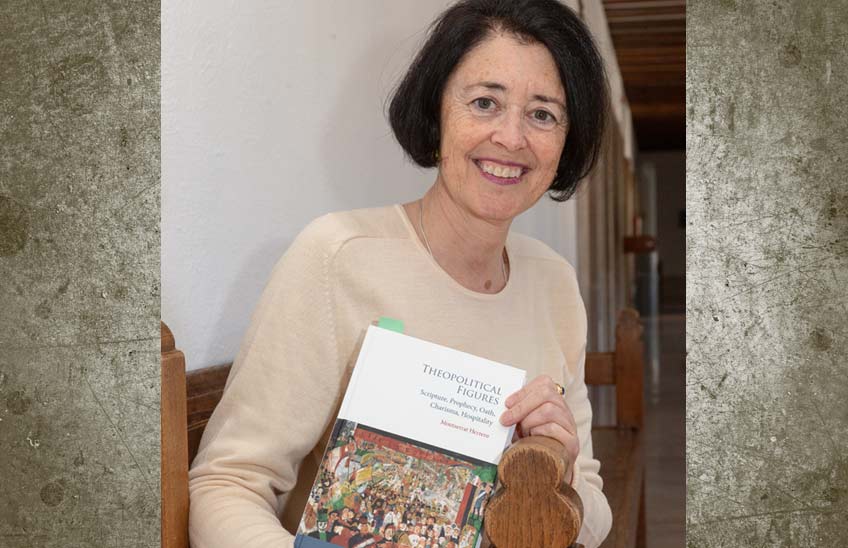Jaume Aurell, historian and researcher of the ICS: "Every historical text, to be a classic, must have a good dose of literature".
The co-researcher Main of the group 'Religion and Civil Society' and professor at the School of Philosophy and Letras publishes the book 'What is a classic in history? The making of a historical canon'

FotoNatalia Rouzaut<br>/El historiador e investigador del ICS Jaume Aurell con su nuevo libro 'What Is a Classic in History?'.
11 | 03 | 2024
What components must a historical text have to become a classic? How is the canon constructed in history? The historian Jaume Aurell, co-researcher Main of the group 'Religion and Civil Society' of the Institute for Culture and Society (ICS) and professor at the School of Philosophy and Literature from the University of Navarra, explores these questions in the book What is a classic in history? The making of a historical canon, published by Cambridge University Press.
The work arises from the author's concern for transmit the bequest of the most prominent historians so that they are better known, as is the case in other disciplines such as art, art, Philosophy and literature. "I wanted the public to get to know historians from Herodotus to the end of the 20th century who are worth reading and rereading," Aurell explains.
Thus began his research about the classics and the canon, which he has translated into this book of five chapters. For the author, "the greatest challenge It has been to overcome the resistance that historians have to talk about continuities and permanences, because we are professionals in the study of change. The challenge has been to combine an interest in change and transformations with what survives and continuities."
Precisely, enduring is the inherent quality of every classic, its prevalence through time. And in his work, has defined the characteristics that a historical work must have in order to achieve this: "Every historical text, to be classic, has to have a good dose of literature". Among other examples, he points to the case of the British historian Edward Gibbon and his Decline and Fall of the Roman Empire, an eighteenth-century classic: "What is it about Gibbon that, even though his scientific knowledge has been exceeded, he continues to read? Which is very well narrated. Some of these books appeal to us because storytelling is more human than science. And because history is about people, we don't just have to offer data but also to narrate. It's the structure that best responds to the human condition."
In addition, he stresses that the historical classic must comply with all the scientific rules of the discipline and that the circumstances and context must have been conducive to allowing him to reach the present day. He also reveals that it is common for the classics to be the origin of a genre or a historical current: "The two great classical historians, Herodotus and Thucydides, began cultural history and political and military history, respectively."
Regarding the canon, he defends its "inescapability" and speaks of its "construction" because "that term already refers to something subjective, cultural" but "necessary because it establishes agreements." In this sense, he points out that "all disciplines need a few points of reference letter, authors and works to go back and forth, to ask the fundamental questions of science, which seeks not only to systematically analyze but also to understand and interpret in order to reach a knowledge more integrated of reality."
The work, of an interdisciplinary nature, draws from other disciplines such as literature, sociology and theology, and brings together examples from some of the most outstanding classics of the Western canon. "I'd love for someone to do it for other great civilizations like China, India, and the Islamic civilization," Aurell suggests.



